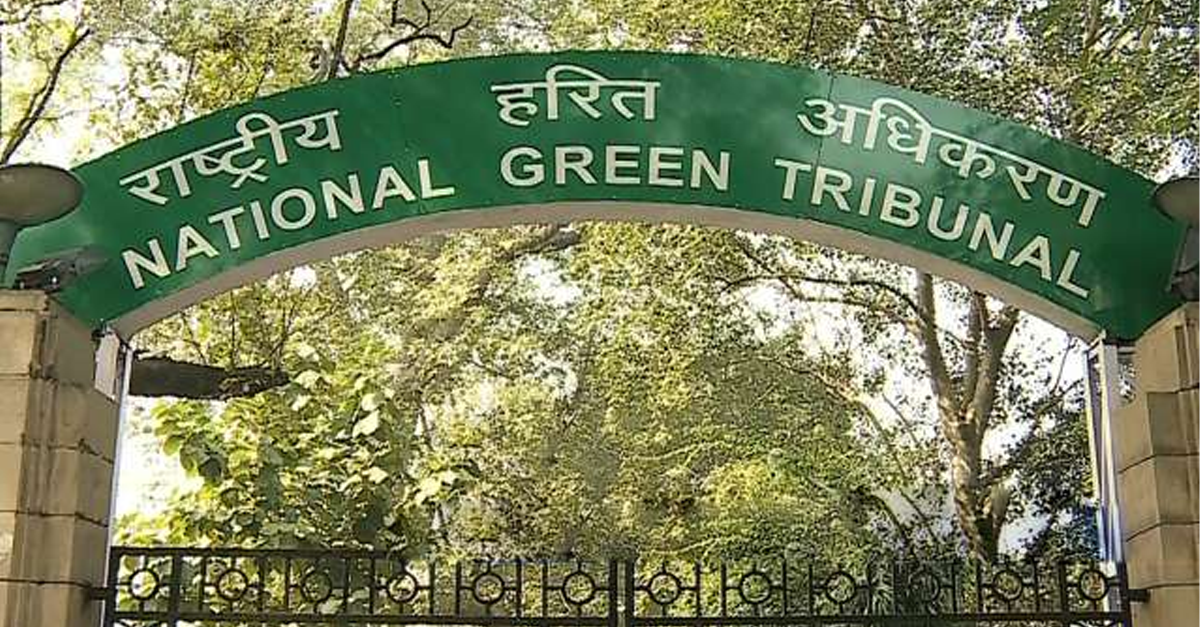

The National Green Tribunal (NGT) 's decisive action against Mumbai-based Ashapura Meinchem Limited for environmental violations is a major development in India's mining sector. The tribunal's scrutiny comes in response to severe accusations of non-compliance with specific conditions outlined in the Environmental Clearance (EC) the Ministry of Environment and Forests (MoEF) granted to the company, as reported by Free Press Journal.

Ashapura Meinchem Limited, a flagship entity of the Ashapura Group and India's leading mine owner and exporter of bentonite, has been carrying out bauxite mining operations in UmberShet, Dapoli, located in the ecologically sensitive Ratnagiri district since February 24, 2016. The NGT's intervention was prompted by reports of the company's alleged disregard for the stringent environmental norms required for such activities.
The NGT has demonstrated its unwavering commitment to enforcing environmental laws in its recent orders. The tribunal has mandated the Registry to secure a comprehensive report from the Maharashtra Pollution Control Board (MPCB) to determine the extent of Ashapura Meinchem's violations. This move underscores the tribunal's dedication to holding corporations accountable for their ecological impact.
In March, Bhavesh Karekar filed a complaint against Ashapura Meinchem Limited and several government environmental agencies, citing the company's detrimental impact on nearby village residents. The complaint alleges that Ashapura Meinchem's mining, storage, and transportation activities have severely compromised the local air quality, leading to significant health issues among the population. Moreover, the operations have negatively affected soil quality and crop yields, posing severe risks to human life. Unsafe transportation practices, such as truck overloading and poor vehicle maintenance, have reportedly resulted in numerous accidents, further endangering the community.
Karekar's application claims that the company's activities have resulted in several adverse effects.
The application reads, “Dust particles from the operations are reportedly settling on the leaves of crops, obstructing photosynthesis, and reducing both the yield and quality of the produce. The water scarcity exacerbated by the lack of rainwater harvesting measures further impacts the life cycle of trees and plants, diminishing the area's green cover. The company has also failed to carry out sufficient afforestation along the roads. Moreover, the soil quality has deteriorated due to reduced groundwater seepage, a consequence of erosion and surface runoff."



Responses






